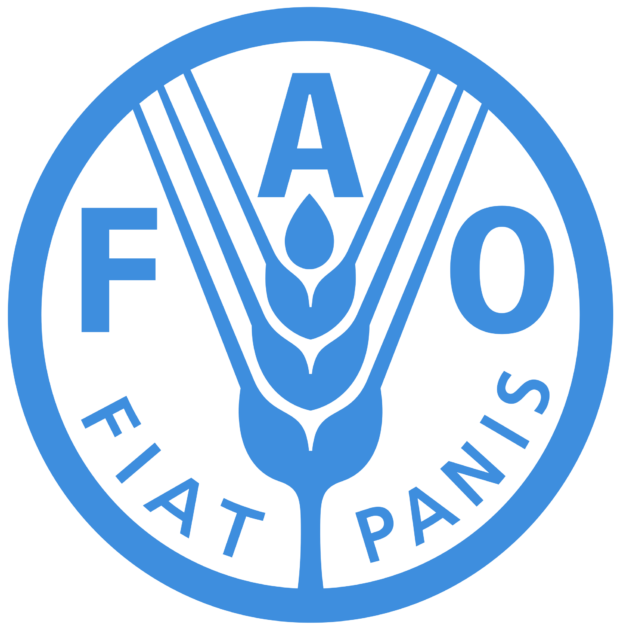PARIS, France – Global rice prices reached a 15-year high in August due to a ban on Indica white rice exports by India. The Food and Agriculture Organization (FAO) reported that rice prices rose 9.8 percent compared to the previous month, causing disruptions in trade. The uncertainty about the ban’s duration and concerns over export restrictions led to stock holding, contract renegotiation, and limited trade volume. This ban, along with the impact of the Covid pandemic, the war in Ukraine, and the El Nino weather phenomenon, has resulted in soaring rice prices on international markets.
India, which accounts for more than 40 percent of global rice shipments, implemented the ban to ensure domestic availability and prevent price increases. However, it is expected to negatively affect African nations, Turkey, Syria, and Pakistan, which are already facing high inflation. The Philippines, one of the largest rice importers, has made a five-year agreement with Vietnam to purchase rice.
Despite the high prices, global rice stocks are forecasted to reach an all-time high of 198.1 million tons, with India and China holding nearly three-quarters of this volume. However, the rest of the world is expected to experience a contraction in rice reserves. The FAO also warned that the El Nino weather phenomenon could have a negative effect on future rice harvests.
In addition to rice, global food prices have been gradually decreasing since reaching a peak last year due to the conflict between Russia and Ukraine. The FAO’s global food price index, which tracks monthly changes in international prices, decreased by 2.1 percent in August compared to July. Cereal, meat, dairy, and vegetable oil prices all fell, while sugar prices rose due to concerns about the impact of El Nino on sugarcane crops and dry weather conditions in Thailand.
The FAO has lowered its forecast for world trade in cereals and rice due to trade disruptions and export restrictions. If the India restrictions continue and El Nino affects production in other Asian exporters, the expected recovery of the rice trade in 2024 will be modest.
Overall, the global rice market is facing turmoil, and the FAO predicts a decline in world trade in cereals and rice in the coming years.
Denial of responsibility! Vigour Times is an automatic aggregator of Global media. In each content, the hyperlink to the primary source is specified. All trademarks belong to their rightful owners, and all materials to their authors. For any complaint, please reach us at – [email protected]. We will take necessary action within 24 hours.


